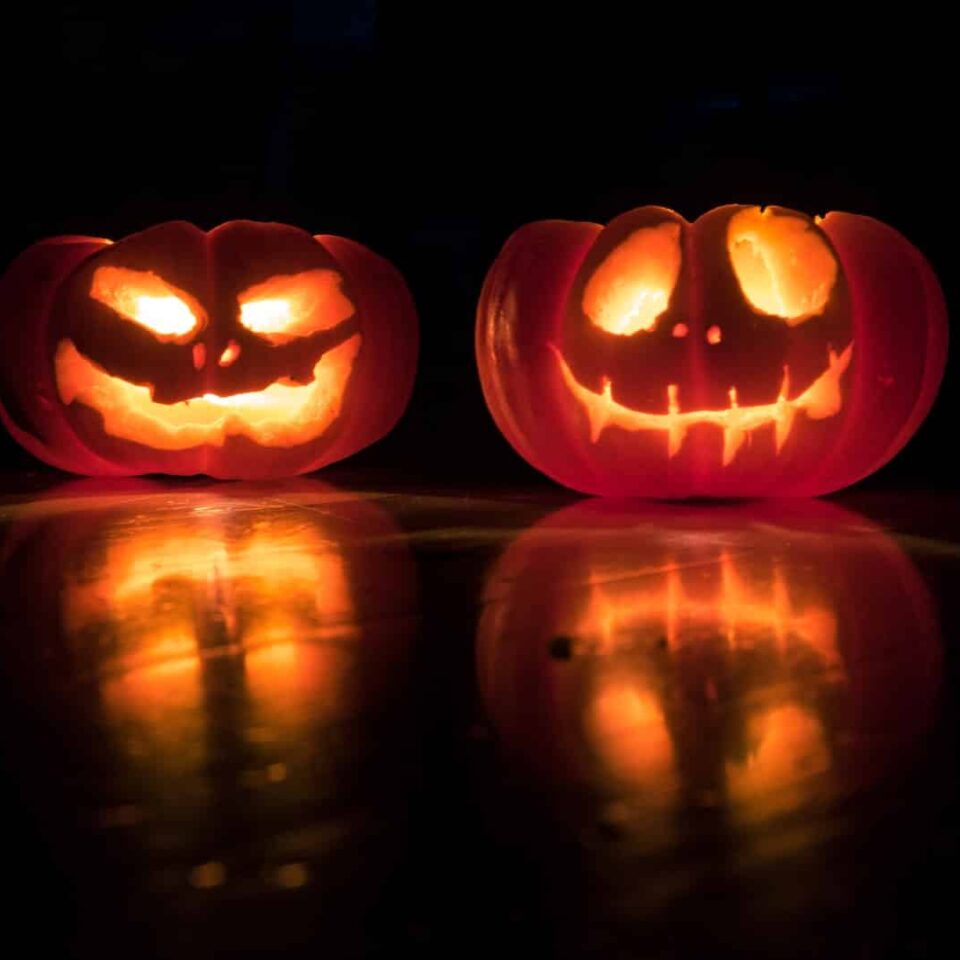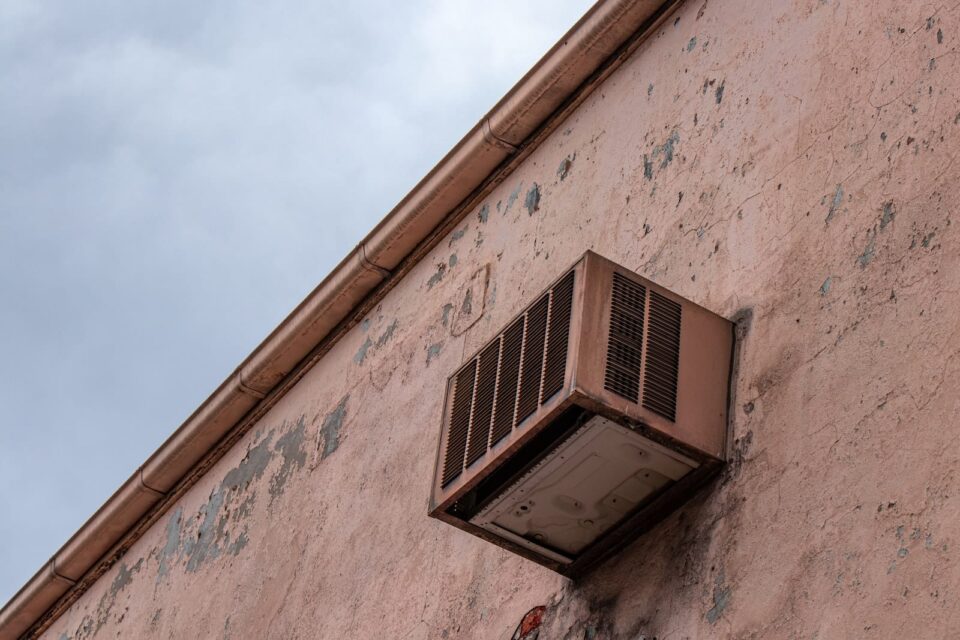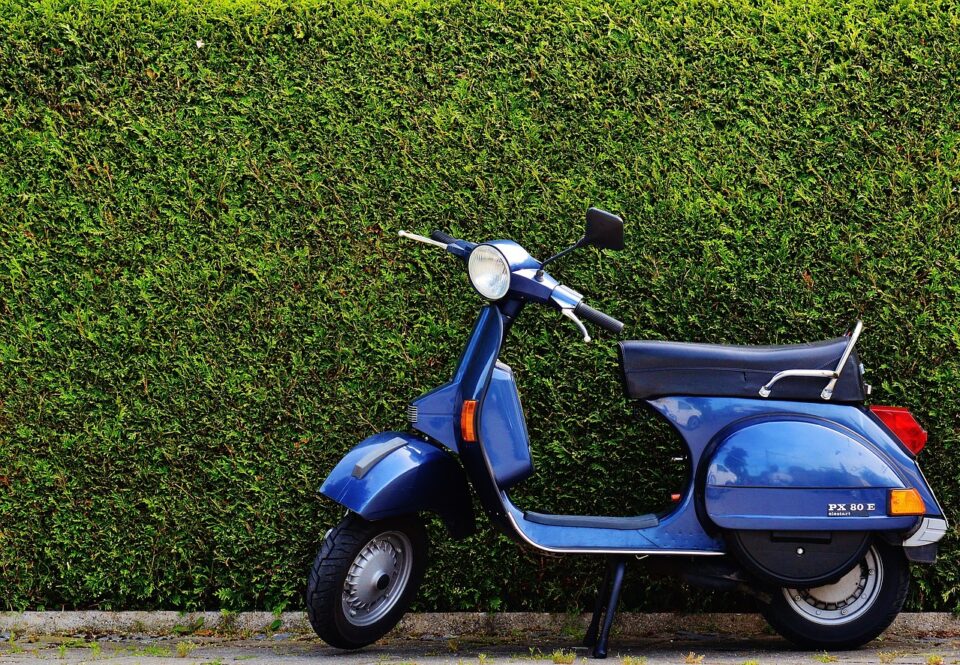Halloween is soon! Here are a few distinctive ways that various countries mark every year.
In most countries that celebrate Halloween, many people still enjoy dressing up and going door-to-door for candy, even in countries where it isn’t a common custom. However, have you ever considered what kinds of holidays people from other countries could celebrate?
It turns out that many countries celebrate holidays that are related to Halloween—some of which even fall on the same day.
Let’s discover more about Halloween around the world and its distinct customs.
The Origins of Halloween
Halloween is one of the ancient festivals in the world and is observed every October 31st.
Halloween’s celebrations are believed to have started in Ireland and Scotland during the Samhain festival, a Celtic holiday.
World Halloween day marks the end of the autumn crop and the beginning of winter, and it lasts from dusk on October 31st until sunset on November 1st.
Moreover, Immigrants from Ireland and Scotland introduced many Halloween traditions to America in the 19th century. Due to American influence, Halloween celebrations grew internationally in the late 20th and early 21st centuries.
Halloween’s traditions like bonfires, dancing, eating different meals with family, and some people even leaving gifts for the deceased outside their houses are all part of the celebrations.
Countries That Celebrate Halloween Annually
People celebrate Halloween, also called All Hallows’ Eve, every year. “‘All Saints’ Day” is festive on November 1st, and “All Souls’ Day” is celebrated on November 2nd in some European and Latin American nations.
Moreover, many countries that celebrate Halloween with unique traditions are given below. Let’s go into the region-wise details;
America
- United State of America
- Canada
- Dominican Republic
- Mexico’s Happy Dead Days Celebrations (has different Halloween Traditions)
Mexico remembers the deceased for two days during the well-known “Day of the Dead.” Sugar candy, clay ornaments, and face painting are just a few traditional treatments for vividly colored skulls.
The unusual festival is regarded as a way to honor the dead and a chance to celebrate with them because it is believed that loved ones awaken for the occasion.
Families make offerings to inspire the departed spirits and the deceased family members and decorate graves with pictures, the decedent’s favorite meals and beverages, and vibrant marigold flowers.
- Bolivia’s Skull Festival (has different Halloween Traditions)
Bolivians observe the Festival of the Skulls, also known as Dia de las Atitas. Every year, the festivities take place during the second week of November.
Many people carry the skulls of loved ones to the ceremony centered in the city of La Paz, Bolivia. In addition to receiving blessings, they are decorated with gifts.
People keep a lot of human skulls on display in their homes all year long, and the bones are decorated with everything from cigarettes to flowers!
In Europe
- Germany
- France
- Greece
- Poland
- Italy
- Russia
- Spain
- Sweden
- Serbia
- Switzerland
- Ireland
- Italy’s Holiday Dinners (has different Halloween Traditions)
It’s one of the unique countries that celebrate Halloween with different traditions. La Festa di Ognissanti, or Tutti I Santi, an Italian national holiday, is observed on November 1st. It is a time of celebration known in Italy as “All Saints’ Day.”
Several Italians frequently join a special religious ceremony following a colorful march through the central city. After that, a meal with friends and family is planned for the rest of the day.
Those who relocate frequently make an extra trip home just for the event of Halloween. On the day after All Souls’ Day, people visit the cemetery to pay their respects to the departed souls.
- Romania’s Bran Castle (has different Halloween Traditions)
Undoubtedly, a vampire costume is among the most well-liked Halloween outfits. How about a Halloween celebration in the Dracula family home? That sounds amusing but also a little scary.
Despite the lack of Halloween activity in Romania, it is worth mentioning because Transylvania is where Vlad the Impaler, who served as Dracula’s model, was born.
Oh, and did you know? If you’re around on Halloween, you can go to Bran Castle, also known as Dracula’s Castle. You can even attend a Dracula-themed gathering at the castle itself during Halloween!
So, considering Romania is on the list of those countries that celebrate Halloween with different styles and customs is a good idea.
In Asia
- China (especially Hong Kong)
- Singapore
- South Korea
- Taiwan Philippines
- Japan’s Lantern Festival and Dancing (has different Halloween Traditions)
Japanese Buddhists celebrate Obon as a holiday and a way of respecting their departed ancestors. Cleaning and clearing ancestors’ graves have become a household ritual for more than 500 years.
A dance called Bon Odori is typically performed as well. The event starts at a different time in each region of Japan and lasts for three days. Huge carnivals and a variety of dishes are part of the festivities.
After Obon, floating lanterns are set in rivers and oceans to lead the spirits back into their realms. Lanterns are used to direct souls to their homes.
In England & Crown Dependencies
- Scotland
- Isle of Man
- England’s Guy Fawkes Day (has a different style)
Not all countries commemorate Halloween, and others are only recently starting to do so. It applies to England, where Guy Fawkes Day, a celebration that began in 1605, is celebrated on November 5th.
The day remembers the terrible Gunpowder Plot, which occurred in 1605 when Catholics attempted to blow up Parliament and King James I.
Halloween and Guy Fawkes Day, which were initially at odds with one another, are currently attempting to combine their traditions. In the UK, it’s common to see children trick-or-treating at neighbors’ doors while wearing spooky costumes and pumpkins.
- New Zealand & Australia
- Saint Helena
Conclusion
This article highlights all the major countries that celebrate Halloween, but there are many more celebrations that resemble this concept. Historical evidence indicates that most nations have embraced some spooky-themed holiday, whether they observe Halloween or not.
Are you planning to enjoy Halloween this year or not?






